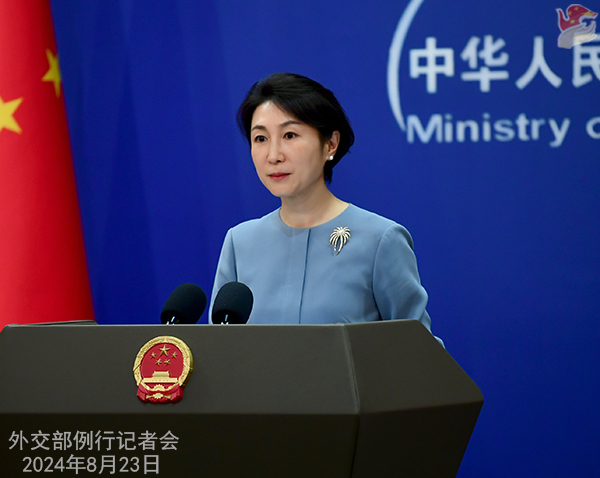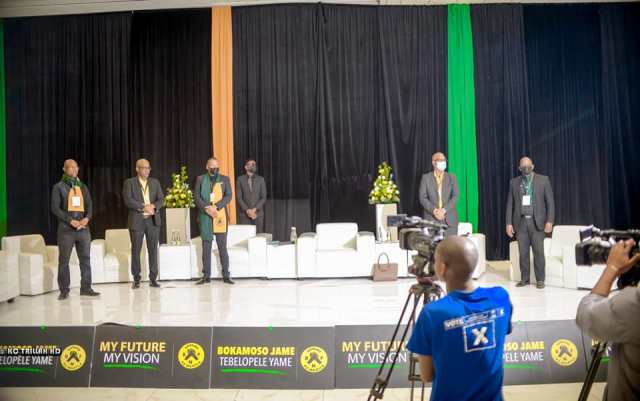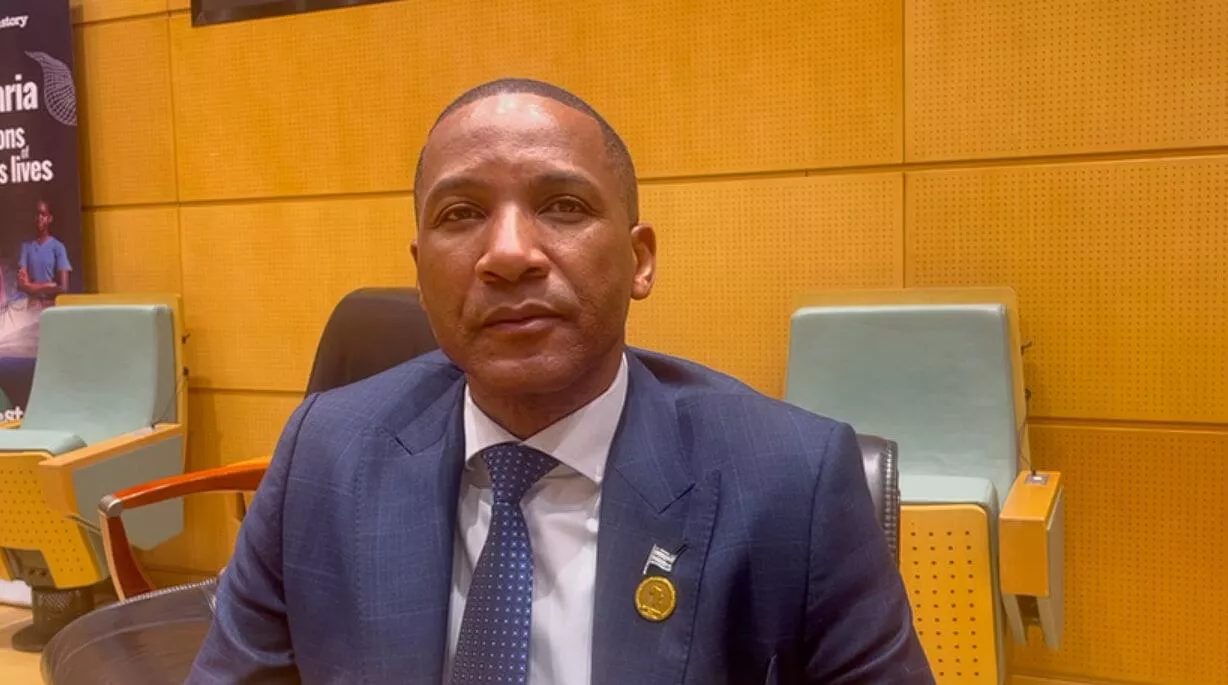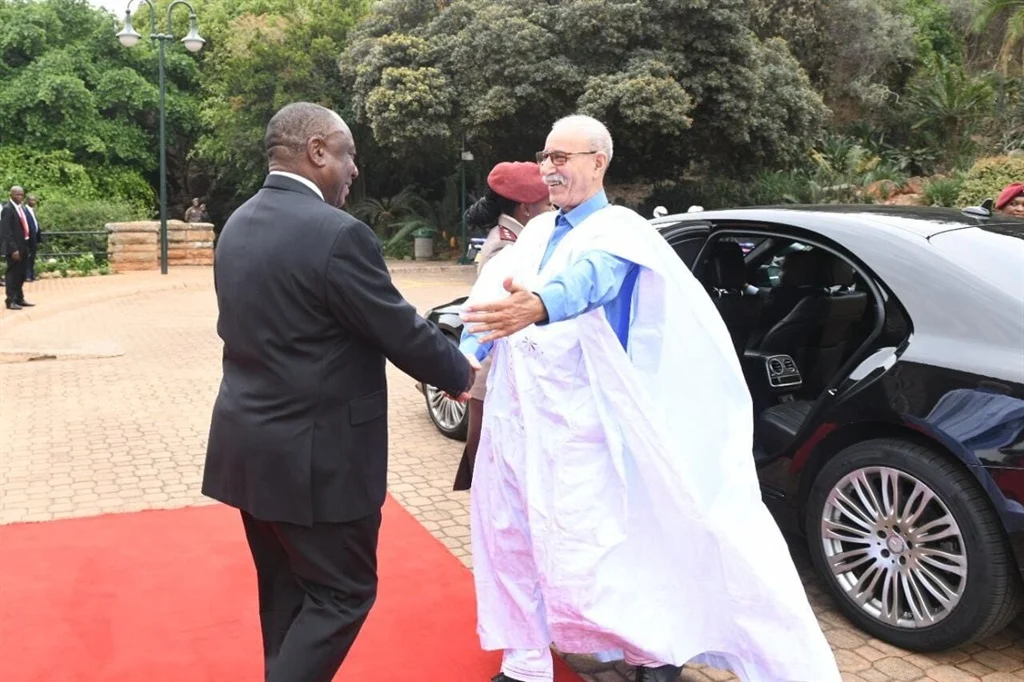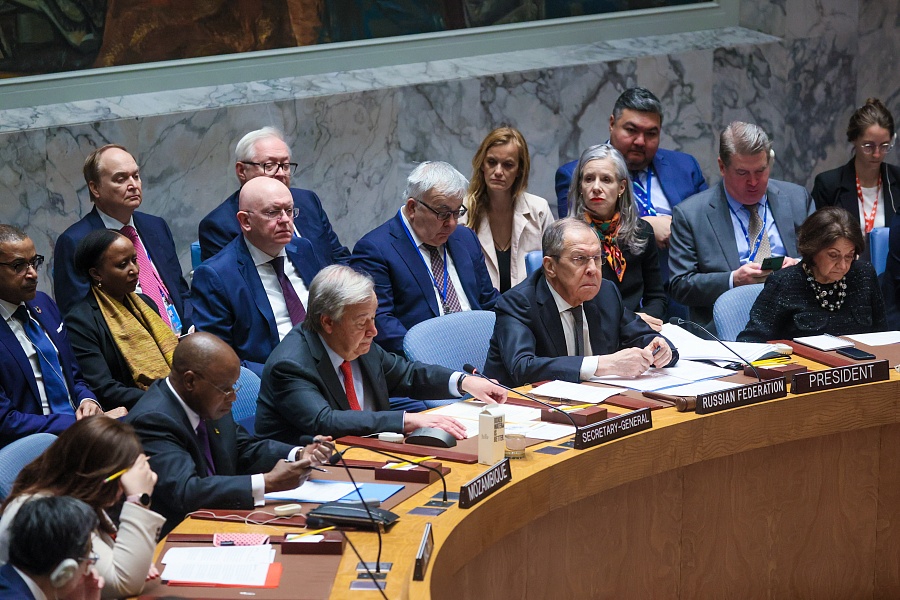
The Pan Afrikanist Watchman
The Russian Federation’s UN Security Council Presidency ends on April 30. Despite the Western delegations’ efforts to escalate tensions at the Security Council, we managed to ensure the effective work of this critical UN body.
The above period was marked by a number of key events sponsored by our country. The first one was a Security Council open debate on April 10 on “Risks stemming from violations of the agreements regulating the export of weapons and military equipment,” during which Russia’s Permanent Representative to the UN in New York Vasily Nebenzya highlighted the importance of strict compliance with the main international and regional agreements in the sphere of control over military equipment, including in relation to the end user’s contractual obligations.

The Security Council’s high-level open debate on April 24 titled “Effective multilateralism through the defence of the principles of the Charter of the United Nations” chaired by Foreign Minister Sergey Lavrov was the second central event. We used the meeting to draw attention to the importance of forming a truly fair multipolar system based on the UN Charter purposes and principles that would guarantee respect for the interests of all countries without exception.
Other milestone events include the quarterly open ministerial debates on April 25 on the situation in the Middle East, including the Palestinian issue, which were chaired by Sergey Lavrov as well. Once again, the Minister called for bringing a solution to the long-standing Palestinian-Israeli conflict on an agreed international legal basis that is set out in the relevant Security Council resolutions.
On April 5, the Russian delegation held an informal Arria-formula Security Council meeting on evacuating children from the special military operation zone. We highlighted our country’s efforts aimed at preventing violations against minors as a result of the Ukrainian forces’ actions and accommodating them in safe areas.
During the Russian presidency, the events envisaged by the Security Council April reporting and mandate cycles were carried out in full. Scheduled meetings were held on Middle Eastern issues, including Syria, Libya, Yemen and the Western Sahara settlement. The African agenda included discussions on the situation in Mali and the Great Lakes region.
Latin America was not left out, either. The Security Council discussed the situation in Haiti and Colombia. In addition, as part of the semi-annual briefing, the member states exchanged opinions on the state of affairs in the area of activity covered by the UN Interim Administration Mission in Kosovo.
On several occasions, the Council had to react quickly to the changing situation within the context of individual country profiles. In particular, the developments on the Korean Peninsula and the events in Sudan were discussed outside of the normal procedure. The Security Council adopted statements for the press on Yemen, Sudan and Colombia.
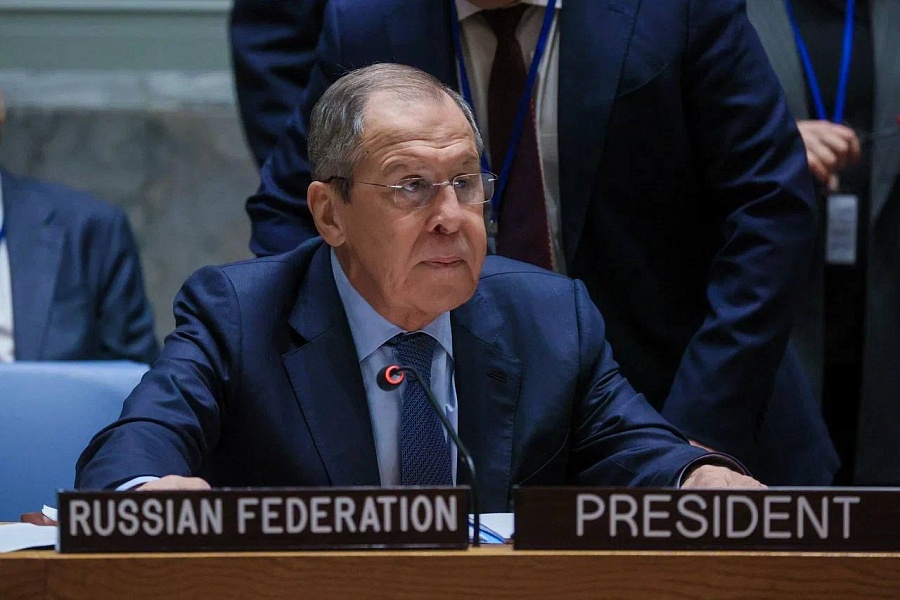
In early April, the Council held urgent consultations on the situation in Afghanistan following the Taliban government’s decision to ban the Afghan women’s participation in the work of international humanitarian agencies.
Later in the month, on April 27, the Security Council unanimously approved the Emirati-Japanese draft resolution on Afghanistan with an emphasis on the situation of women and girls. The text contains important language on the humanitarian and economic situation in the country, frozen national assets and the importance of a patient dialogue with all Afghan parties.
During its Presidency, Russia operated on the premise of the importance of reaffirming the Security Council’s role as an effective tool for coordinating efforts to find answers to threats to international peace and security.






